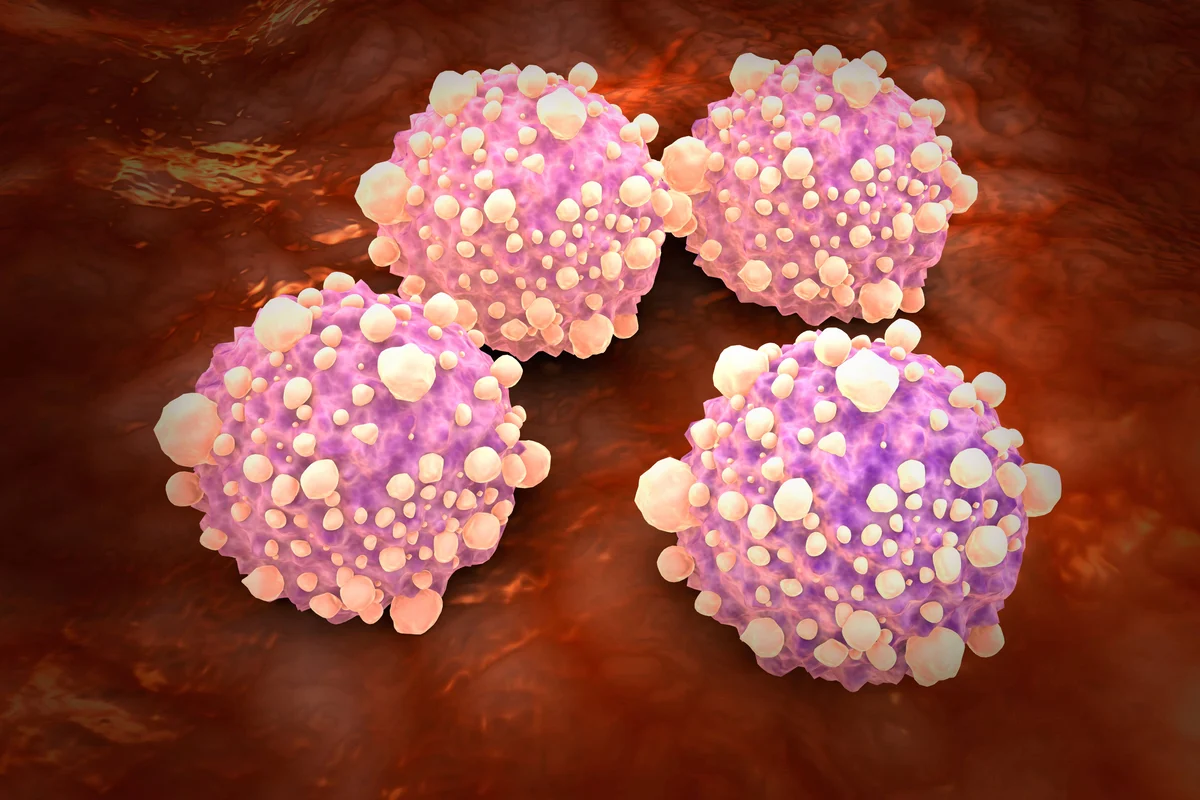By Jane Kirby
Copyright standard

Some 27 species of bacteria and fungi that live in people’s mouths may be linked to a 3.5 times increased risk of pancreatic cancer, researchers have said.
A new study led by NYU Langone Health, an academic medical centre and hospital in New York, looked at the hundreds of bacteria and fungi that reside in people’s mouths.
Experts already know that people with poor dental health are more vulnerable to pancreatic cancer and have recently found that bacteria could travel through swallowed saliva and into the pancreas.
The new work, published in the journal Jama Oncology, takes this further and suggests which types taken together may be involved.
Study co-senior author Richard Hayes, a professor at NYU Grossman School of Medicine, said: “It is clearer than ever that brushing and flossing your teeth may not only help prevent periodontal disease but may also protect against cancer.”
In the study, researchers assessed the genetic makeup of microbes collected from the saliva of 122,000 men and women.
Researchers then followed people up for around nine years on average to record any presence of tumours.
Of the 122,000 people who provided samples, 445 developed pancreatic cancer and were compared with 445 people who remained cancer-free.
Of these 890 people, 474 (53.3%) were male, and the typical age was 67.
The work found that three oral bacterial periodontal pathogens – P gingivalis, E nodatum, and P micra – were associated with increased risk of pancreatic cancer.
A bacteriome-wide scan also revealed eight oral bacteria associated with decreased and 13 oral bacteria associated with increased risk of pancreatic cancer.
Of the fungi, Candida was associated with an increased risk of pancreatic cancer and was also found in the pancreatic tumour samples.
Taken together as a whole, the 27 microbes increased the chances of developing pancreatic cancer by more than threefold, the team said.
Scientists were also, for the first time, able to develop a tool that could estimate a person’s cancer risk.
Study co-senior author Jiyoung Ahn, a professor at NYU Grossman School of Medicine, said: “By profiling bacterial and fungal populations in the mouth, oncologists may be able to flag those most in need of pancreatic cancer screening.”
Alfie Bailey-Bearfield, interim head of research at Pancreatic Cancer UK, said: “There is still a lot that we don’t know about how and why people develop pancreatic cancer, but there is growing interest in the role played by changes to the microbiome.
“This large study adds to the mounting evidence that microbes such as bacteria and fungi found in our mouths and gut may be involved in cancer development, progression and response to treatment.
“Further research is needed to explore the mechanisms by which microbes in the mouth increase the risk of pancreatic cancer.
“Improved understanding of this relationship could help identify people who need to be closely monitored for any changes to their pancreas.
“Tragically, more than half of people die within three months of being diagnosed with pancreatic cancer.
“Early detection is key to giving many more people the chance of receiving potentially life-saving treatment.
“Anything we can do to improve identification and monitoring of at-risk groups will help to improve this disease’s appalling survival rates.”
The study dataset included figures from the American Cancer Society Cancer Prevention Study II and the Prostate, Lung, Colorectal and Ovarian Cancer Screening Trial.
Last year, the same team of scientists uncovered a link between certain oral bacteria and a heightened risk of developing head and neck squamous cell carcinoma, a group of cancers that arise in the mouth and throat.



